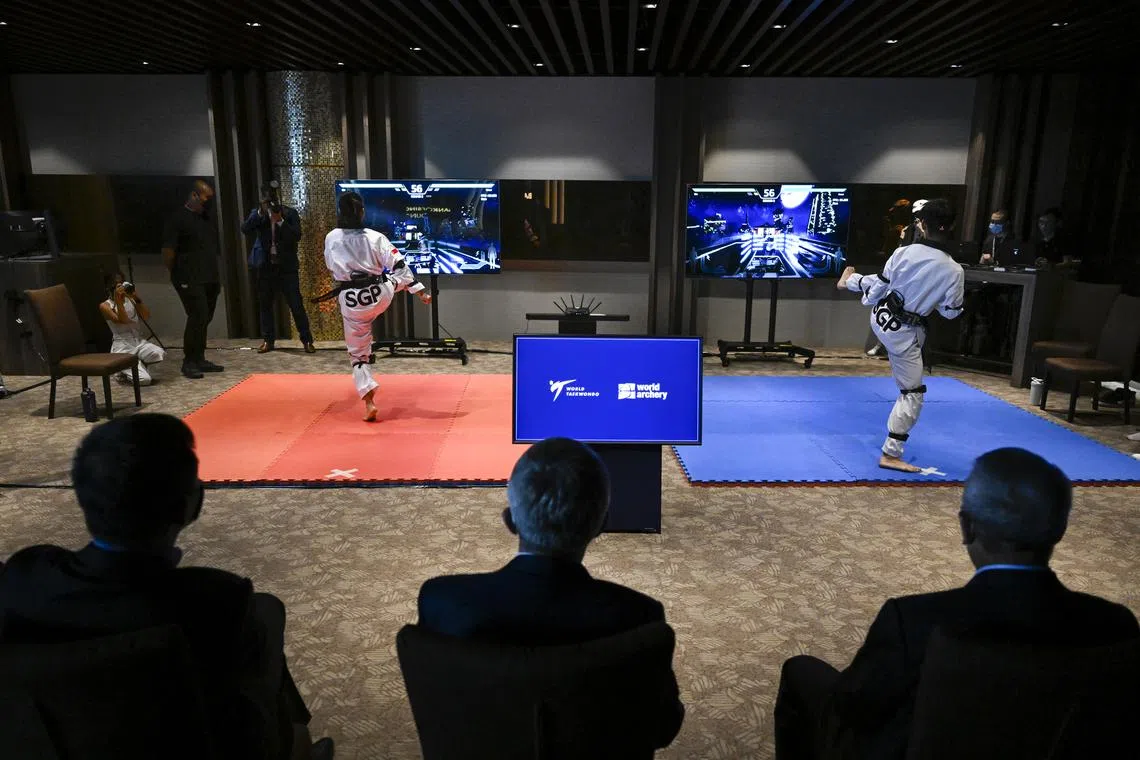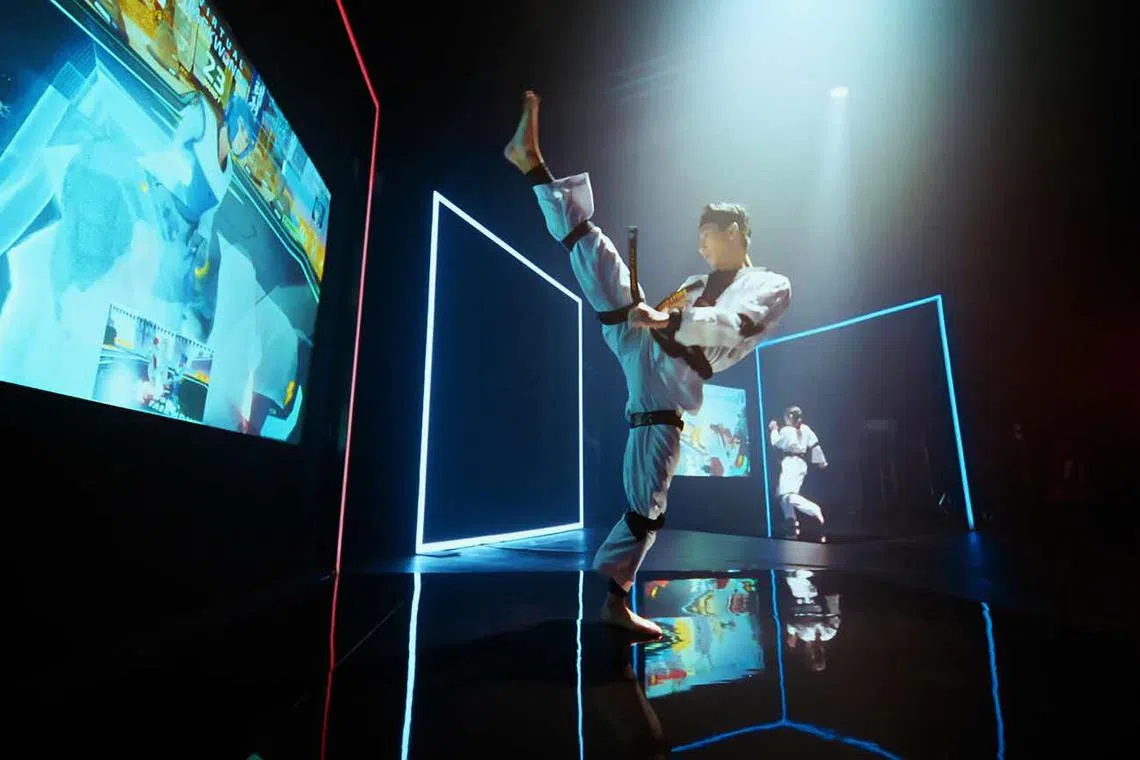Traditional sport won’t disappear but e-sports can complement it, says IOC head of virtual sport
Sign up now: Get the biggest sports news in your inbox

The inaugural Olympic Esports Week will take place in Singapore from June 22-25.
PHOTO: Refract Technologies
Follow topic:
SINGAPORE – The popularity of e-sports has gone through the roof in recent years and International Olympic Committee (IOC) head of virtual sport Vincent Pereira believes it is here to stay.
Ahead of the inaugural Olympic Esports Week, which is set to take place in Singapore
“Technologies are happening, virtual forms of sport are happening. I think it’s complementary – we cannot say that traditional sport will disappear, but there is an integration of virtual sports,” said Pereira, who was appointed to fill the newly created role within the IOC Sports Department in March 2022.
“When we think of sports like skiing and golf, athletes are using virtual forms of technology to train themselves and perform better, it’s the evolution of how we are doing sport.”
The Olympic Esports Week will feature both physical events and simulations. Attendees will get to participate in exhibitions of the latest technologies, panel discussions, educational sessions and show matches.
There will also be the first in-person live finals of the Olympic Esports Series, a virtual competition which will include sports like taekwondo and archery.
This comes after the 2021 Olympic Virtual Series (OVS), which attracted over 250,000 contestants from across 100 countries, featuring simulated sports including baseball, motorsport, cycling, rowing and sailing.
While e-sports are not part of the Olympic programme, Pereira did not rule out the possibility that a virtual sport could be part of the 2028 Games in Los Angeles, citing examples such as cycling, triathlon and dancesport.
He said: “We have made it very clear – the door is open. LA 2028 the door is open and it depends on the proposals submitted into the programme and discussions with the international federations.”
The global e-sports audience is growing fast. A report by online market data platform Statista predicts that by 2025, there is expected to be over 318 million e-sports enthusiasts worldwide, a 47.8 per cent increase from 2020.
Singapore has hosted several prestigious e-sports events since 2020. These include the US$18.9 million (S$25.3 million) The International, the biggest global tournament for Dota 2 which took place last October; the US$800,000 Mobile Legends Big Bang (MLBB) M3 World Championship; the US$2 million Free Fire World Series and the US$500,000 Wild Rift Horizon Cup.
Pereira stressed that the IOC’s focus was still on virtual sports competitions and promoting sports that are linked to their international federations, but insisted that there were other ways to incorporate traditional e-sports titles into events through free-to-play zones and showcases.
Italian Valerio Gallo, 2021 winner of OVS Motorsport, believes that having virtual sports in an event like the Olympic Esports Week is beneficial in raising the profile of these sports.

Singapore to Showcase the Pinnacle of Virtual Sports at the Inaugural Olympic Esports Week.
PHOTO: SPORTSG
He said: “We have some fanbase in Grand Turismo but we would want to involve other new people in this environment. And of course the Olympic name, it will increase that fame for the game and also try to interest the new people who don’t know about GT, not just the game but e-sports in general.”

